Business
If you don’t kill NNPC, It will kill Nigeria

Written by Wale Ewedemi
The governor of Kaduna State, Nasir el Rufai, has said Nigeria must do away with its “corrupt” oil company, the Nigerian National Petroleum Corporation, NNPC, or stand the risk of itself being destroyed.
“If you don’t kill the NNPC, it will kill Nigeria,” Mr. el-Rufai said Monday at the 7th Wole Soyinka Centre Media Lecture Series in Abuja, where he was a guest speaker.
Mr. El-Rufai said the NNPC has become so entrenched in corruption that the only way out for Nigeria is not to attempt to salvage the corporation, but to destroy it and create a new oil company.
He said he hoped President Muhammadu Buhari will implement that proposal.
The governor said as a former director general of the Bureau of Public Enterprises, he was confident a messy organisation could be disbanded and turned into a useful one.
He said NNPC has become so corrupt and arrogant that it runs a parallel government and unilaterally decides what it remits to a nation of 170 million people, while its hundreds of employees feed fat on Nigeria’s resources.
In the last three years, Mr. el-Rufai said the NNPC retained 42 per cent of Nigeria’s money, and remitted only 58 per cent.
“About N971bn was budgeted for subsidy payments in 2014 alone (more than twice that was eventually paid). You all recall how trillions of naira were paid out as oil subsidy in 2011, when only N254bn was appropriated. No one has been successfully prosecuted for this scam. Huge deficits in gas supply have ensured that the country’s thermal plants cannot produce power at optimal levels,” he said.
“The long and short of the situation of our oil industry is best exemplified by the parallel government called the NNPC. In 2012, it sold N2.77tn of ‘domestic’ crude oil but paid only N1.66tn to the Federation Account. In 2013, it earned N2.66tn but paid N1.56tn to FAAC; in 2014, (it earned) N2.64tn, but remitted N1.44tn; while between January and May 2015, it earned N733.36bn and remitted only N473.2bn.
“That means that the NNPC only remitted about 58 per cent of the monies earned between 2012 and the first half of 2015. A company with the audacity to retain 42 per cent of a country’s money has become a veritable parallel republic!”
He said the examples he gave were only with respect to domestic crude oil sale. “Similar leakages exist in the NPDC, NAPIMS procurement and subsidiary budgets,” he said.
“The NNPC feels entitled to consume more resources than the 36 states, the FCT and the Federal Government combined. How could a country so dependent on oil revenues have been so lax about the proper governance, efficiency and security of its oil industry?” he lamented.
He identified the need to remove the undue premium on public ownership and control of every major oil asset, while checking the impact of corruption and distortion of oil subsidy on the country’s economy, and restructuring of the NNPC in the national interest.
To realise the potentials of the oil industry, he said the government must not only define exactly what the country wants the oil industry to be and to achieve, but also the structure that would best deliver it.
“An efficient and productive oil sector, able to create jobs, spur industrialization and earn more revenues requires that we tackle the monster that the NNPC has become,” he said. “We should replace the NNPC with brand new organizations that are fit for purpose – a commercialized and corporatized national oil company and new industry regulators.
He said the new national oil company should be capitalized once and for all, and then freed to fend for itself like other national oil companies, by seeking its financing independently from the financial markets and paying due taxes and royalties.
“An efficient and productive oil sector, able to create jobs, spur industrialisation and earn more revenues, requires that we tackle the monster that the NNPC has become. This country can no longer afford to maintain an NNPC that arrogantly, unlawfully and unconstitutionally spends an unhealthy proportion of national oil earnings on itself,” he said.
“We should replace the NNPC with brand new organisations that are fit for purpose, among others, a commercialised and corporatised national oil company, and new industry regulators. This new national oil company should be capitalised once and for all, and then freed to fend for itself like other national oil companies do, seeking its financing independently from the financial markets and paying due taxes and royalties.
He said no one qualified more to appreciate the rot in the NNPC, and to deal with the menace, than President Buhari who was the pioneer head of the NNPC in 1977.
“No one can appreciate the gap between the vision of the NNPC’s founding fathers, the beautiful baby of 1977 and the 38 year-old monster it has become better than President Buhari. The NNPC of today must make Chief Sunday Awoniyi of blessed memory squirm in his grave. Something fundamentally decisive must be done to tame this monster,” Mr. el-Rufai said.
Mr. el-Rufai lamented the irony of about 70 million, or 40% of Nigeria’s total population, currently living below the poverty line, despite the country’s earning of at least $1trillion from oil in the last 50 years.
“For our vast masses, oil is no fortune,” Mr. El Rufai said. “It is more of a mirage, but a more insidious kind, because the fortune is visible in the lifestyles of a few thousands of the privileged elite, but is stubbornly inaccessible to tens of millions of ordinary people.
“Our rich enjoy the lifestyles of the richest in the world, while our poor are truly the wretched of the earth. This inequality is most unfortunate.”
To avoid sinking deeper into poverty, Mr. El-Rufai said the country must resolve to spend wiser, and do more with less by changing its big appetite to consume rather than save; import, rather than produce domestically, or neglect to prioritize capital investments.
The major responsibility of a democratic government, he said, was to ensure that people were moved away from pain of extreme poverty, by managing the country’s resources in a way that would sustain building the people, through diligent revenue collection and cost-effective and resulted –oriented application.
Business
Renewed Hope Ambassadors Inspect RHA Secretariat
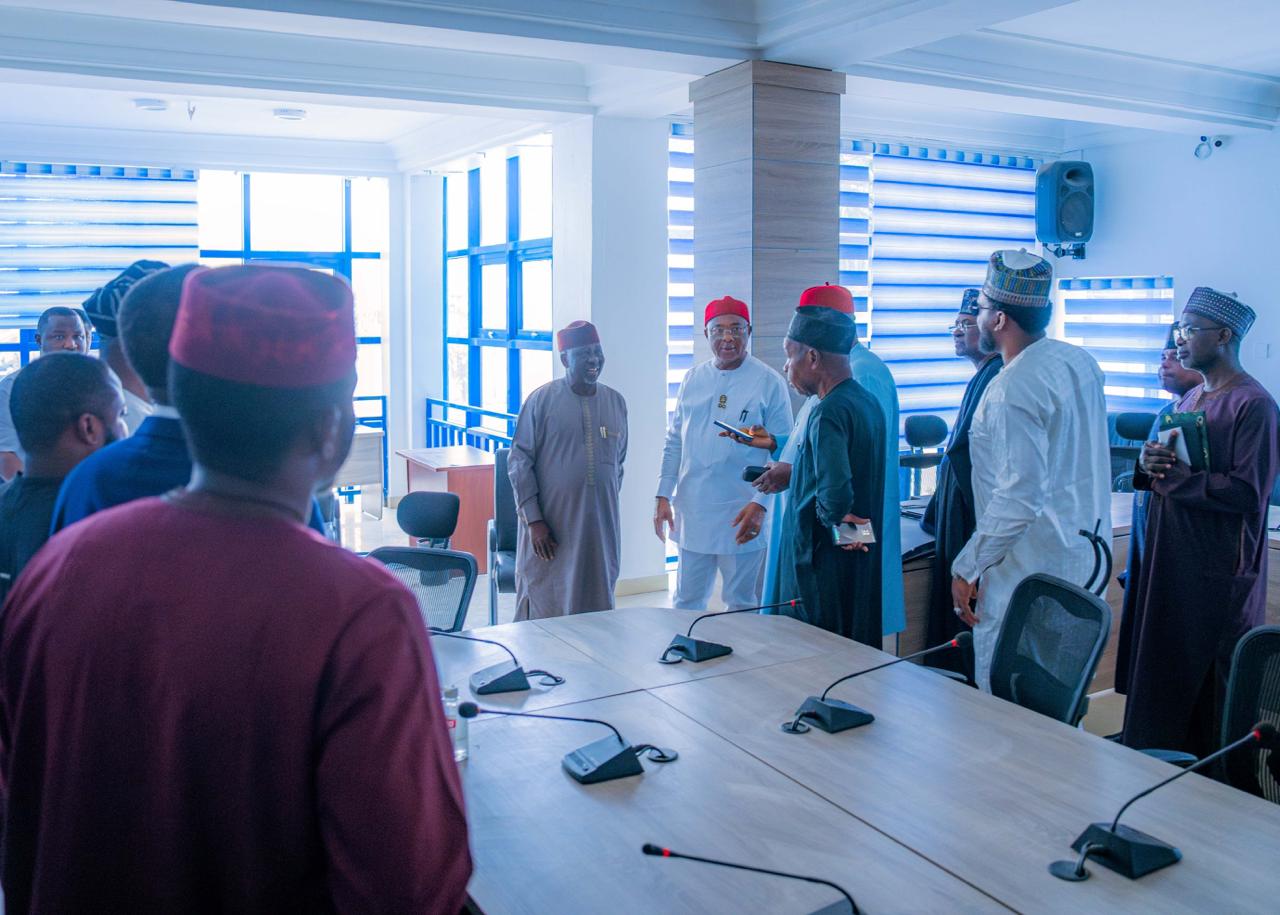
Renewed Hope Ambassadors Inspect RHA Secretariat
Renewed Hope Ambassadors, led by its Director-General and the Governor of Imo State, Hope Uzodinma, alongside Zonal Coordinators (NW, NC, SE), the Media & Publicity Directorate, and other key stakeholders, inspected the RHA Secretariat two days after President Bola Tinubu unveiled the Renewed Hope Ambassadors grassroots engagement drive in Abuja.
Business
Harmony Gardens’ Ibeju-Lekki Portfolio Crosses $1bn

Harmony Gardens’ Ibeju-Lekki Portfolio Crosses $1bn
Harmony Garden & Estate Development Limited has expanded its development activities across Ibeju-Lekki, pushing the projected long-term value of its estate portfolio beyond $1 billion.
Led by Chief Executive Officer Hon. Dr. Audullahi Saheed Mosadoluwa, popularly know Saheed Ibile, the company is developing seven estates within the Lekki–Ibeju corridor. Details available on Harmony Garden & Estate Development show a portfolio spanning land assets and ongoing residential construction across key growth locations.
A major component is Lekki Aviation Town, where urban living meets neighborhood charm, located near the proposed Lekki International Airport and valued internally at over $250 million. The development forms part of the company’s broader phased expansion strategy within the axis.
Other estates in the corridor tagged as the “Citadel of Joy” (Ogba-idunnu) include Granville Estate, Majestic Bay Estate, The Parliament Phase I & II, and Harmony Casa Phase I & II.
With multiple projects active, the rollout of the Ibile Traditional Mortgage System, and structured expansion underway, Harmony Garden & Estate Development Ltd continues to deepen its presence within the fast-growing Ibeju-Lekki real estate market.
Business
BUA Group Showcases Food Manufacturing Strength at 62nd Paris International Agricultural Show
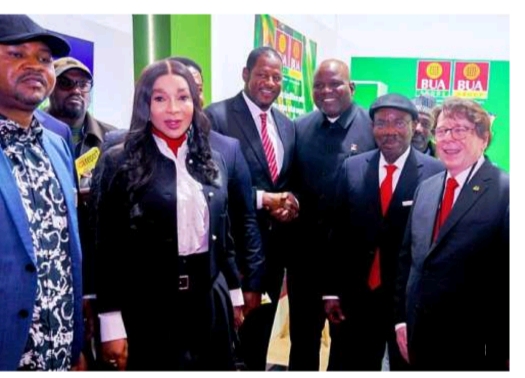
BUA Group Showcases Food Manufacturing Strength at 62nd Paris International Agricultural Show
BUA Group, one of Africa’s leading diversified conglomerates, is maintaining a strong presence at the ongoing 62nd edition of the Paris International Agricultural Show in France, participating as a premium sponsor and supporting the Nigeria Pavilion at one of the world’s most respected agricultural gatherings.
The 62nd Paris International Agricultural Show, taking place from February 21 to March 1, 2026, at Porte de Versailles in Paris, convenes global leaders across farming, agro processing, technology, finance, and policy. The event serves as a strategic platform for industry engagement, knowledge exchange, and commercial partnerships shaping the future of global food systems.
BUA Group’s participation reflects its long term commitment to strengthening the entire food production value chain. Through sustained investments in large scale processing, value addition, and branded consumer products, the Group continues to reinforce its role in advancing food security, industrial growth, and regional trade integration.
Speaking on the Group’s participation, the Executive Chairman of BUA Group, Abdul Samad Rabiu CFR, said, “BUA’s presence at the Paris International Agricultural Show reflects our belief that Africa must be an active participant in shaping the future of global food systems. We have invested significantly in local production capacity because we understand that food security, industrial growth, and economic resilience are interconnected. Platforms like this allow us to build partnerships that strengthen Nigeria’s competitiveness and expand our reach beyond our borders.”
BUA Foods, a subsidiary of BUA Group, maintains a strong footprint in flour, pasta, spaghetti, sugar, and rice production, serving millions of consumers within Nigeria and across neighbouring African markets. The Managing Director of BUA Foods, Engr. Abioye Ayodele, representing the Executive Chairman, is attending the event at the Nigeria Pavilion, engaging industry stakeholders and showcasing the company’s manufacturing capabilities.
Also speaking at the show, Engr. Ayodele stated, “BUA Foods has built scale across key staple categories that are central to household consumption. Our participation at this Show allows us to demonstrate the quality, consistency, and operational strength behind our products. We are also engaging global stakeholders with a clear message that Nigerian manufacturing can meet international standards while serving both domestic and regional markets efficiently.”
The Show provides BUA Group with an opportunity to deepen trade relationships, explore new export pathways, and reinforce Nigeria’s growing relevance within the global agricultural and food ecosystem.
BUA Group remains focused on building enduring institutions, expanding productive capacity, and positioning African enterprise competitively within global markets.
-

 celebrity radar - gossips6 months ago
celebrity radar - gossips6 months agoWhy Babangida’s Hilltop Home Became Nigeria’s Political “Mecca”
-

 society5 months ago
society5 months agoReligion: Africa’s Oldest Weapon of Enslavement and the Forgotten Truth
-

 society6 months ago
society6 months agoPower is a Loan, Not a Possession: The Sacred Duty of Planting People
-

 news7 months ago
news7 months agoTHE APPOINTMENT OF WASIU AYINDE BY THE FEDERAL GOVERNMENT AS AN AMBASSADOR SOUNDS EMBARRASSING








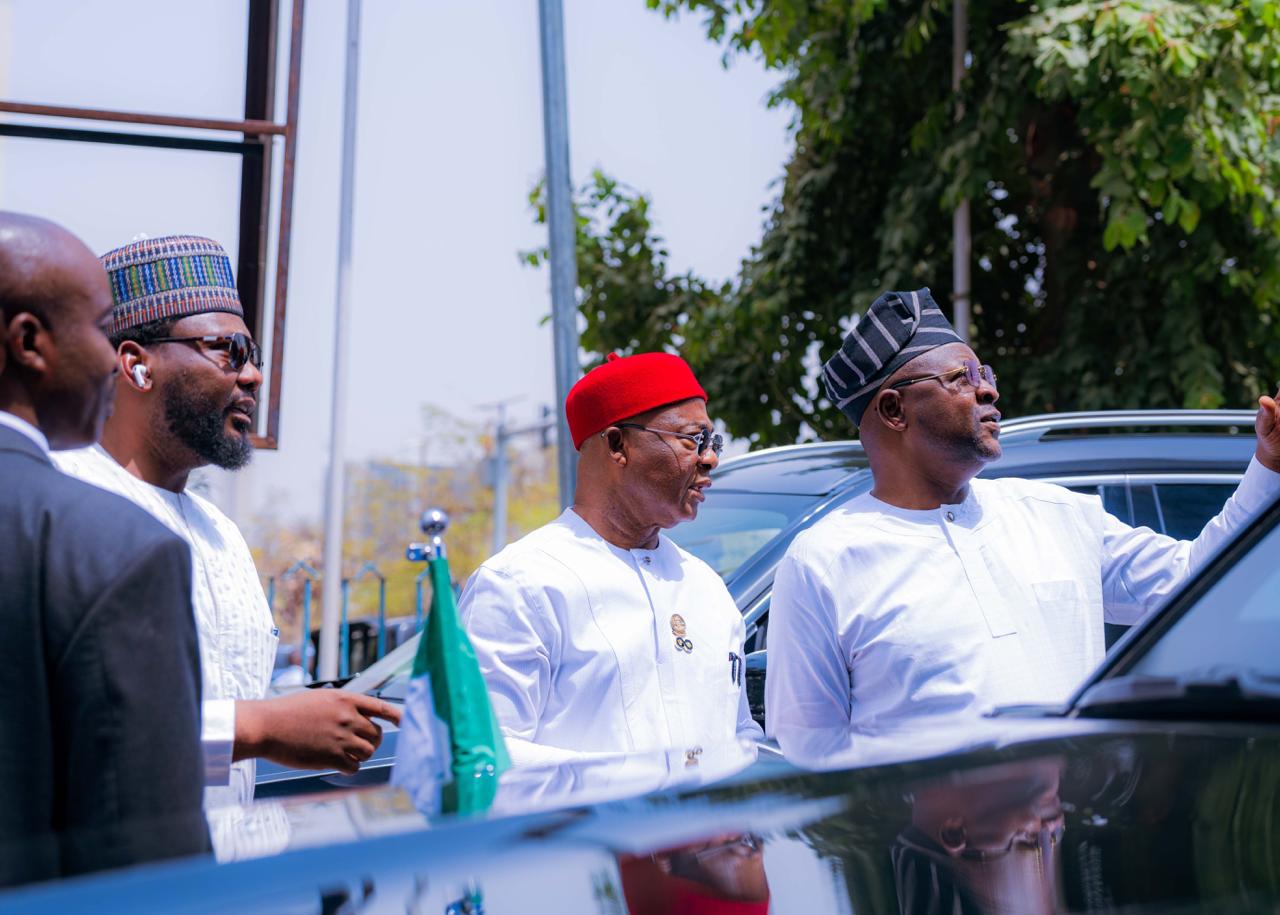
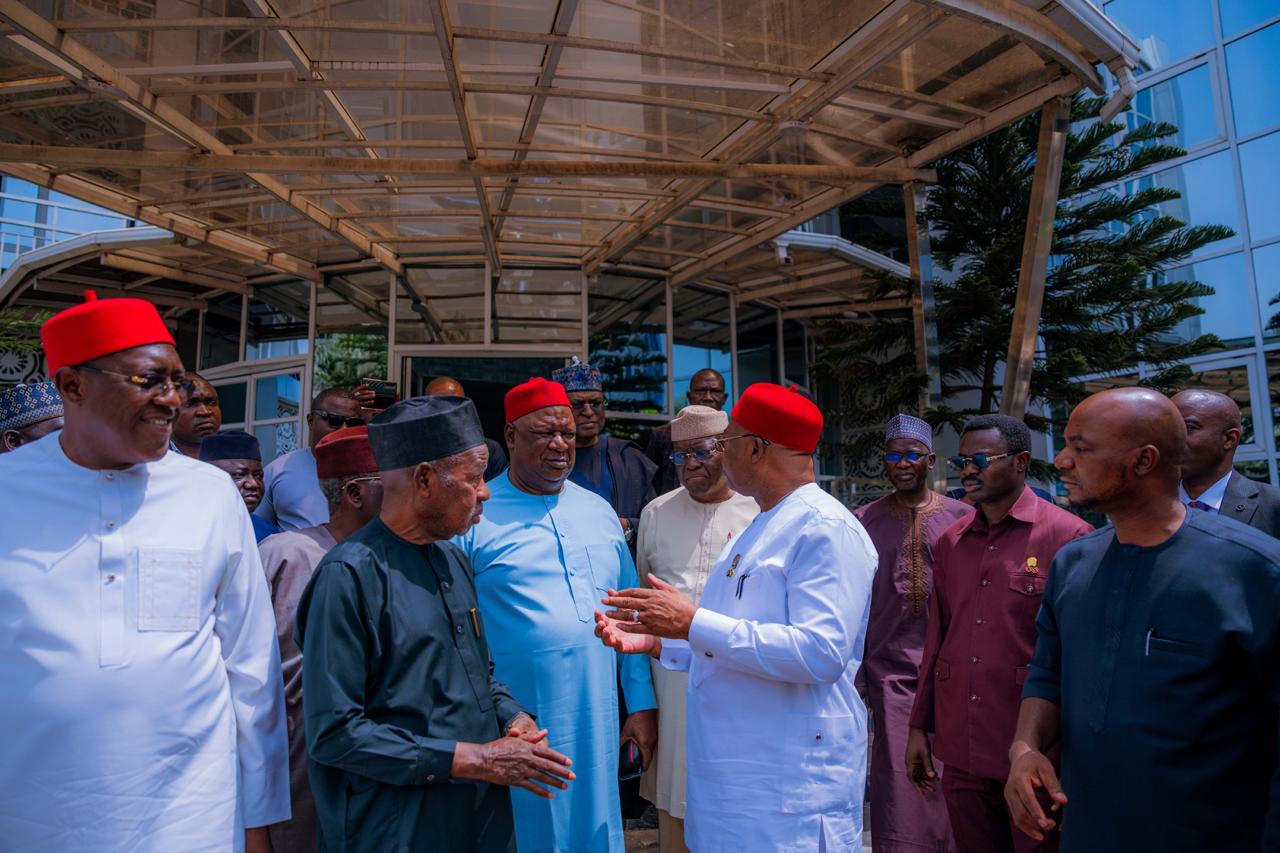


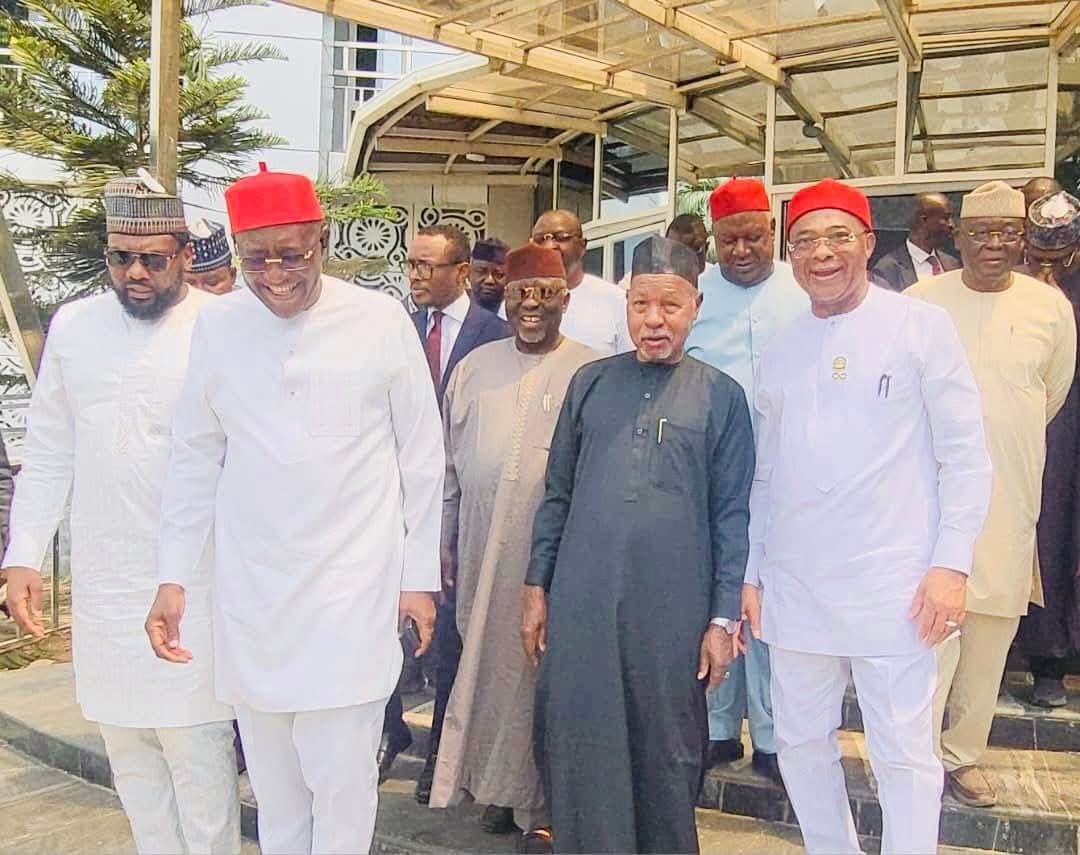
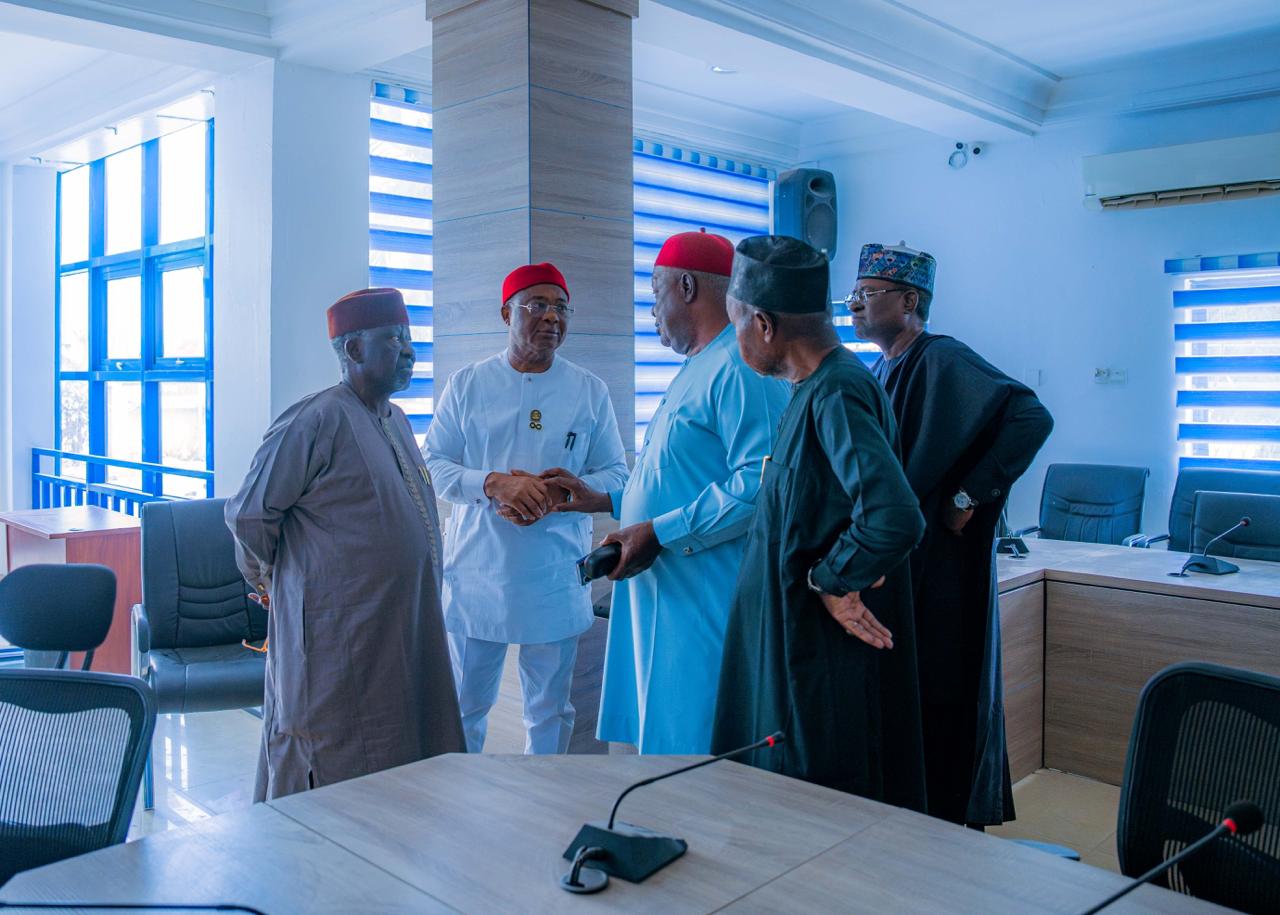
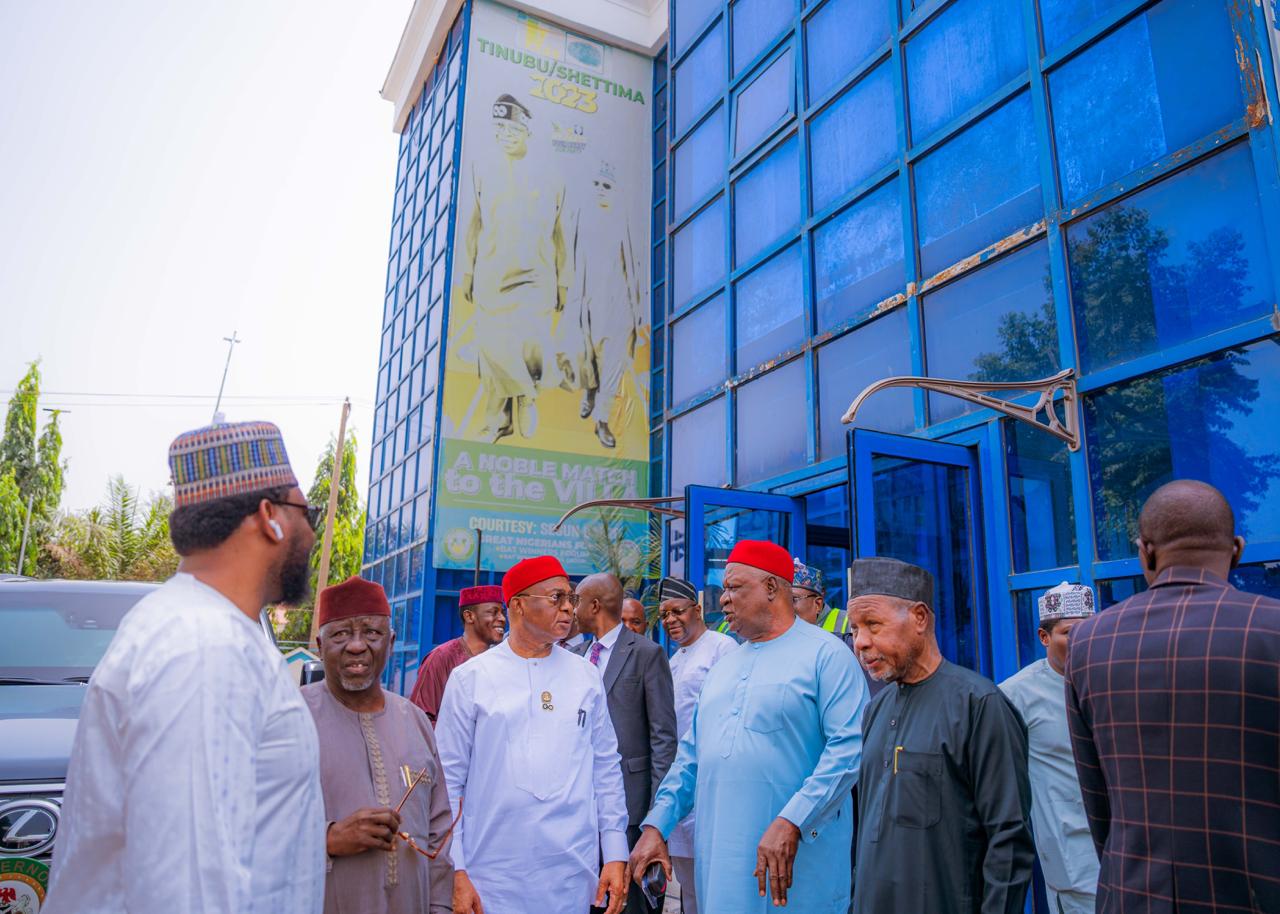

You must be logged in to post a comment Login